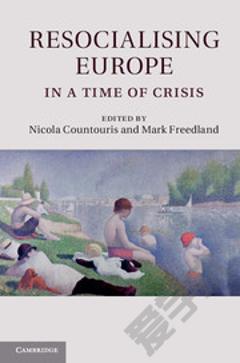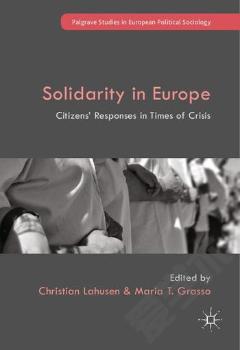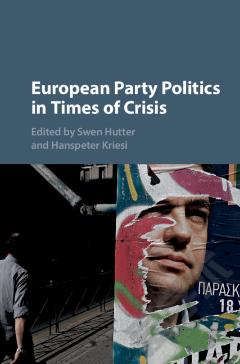Resocialising Europe in a Time of Crisis
Terms such as 'Social Europe' and 'European Social Model' have long resided in the political and regulatory lexicon of European integration. But in recent years, and in spite of the adoption of the Charter of Fundamental Rights, the EU social profile has entered a profound period of crisis. The ECJ judgments of Viking and Laval exemplify the unresolved tension between the EU's strong market imperatives and its fragile social aspirations while the ongoing economic crisis, while the various 'bail out' packages are producing a constant retrenchment of social rights. The status quo is one in which workers appear to shoulder most of the risks attendant on making and executing arrangements for the doing of work. Chapters in this book advocate a reversal of this trend in favour of fair mutualization, so as to disperse these risks and share them more equitably between employers, the state, and society at large.
{{comment.content}}








 京公网安备 11010802027623号
京公网安备 11010802027623号